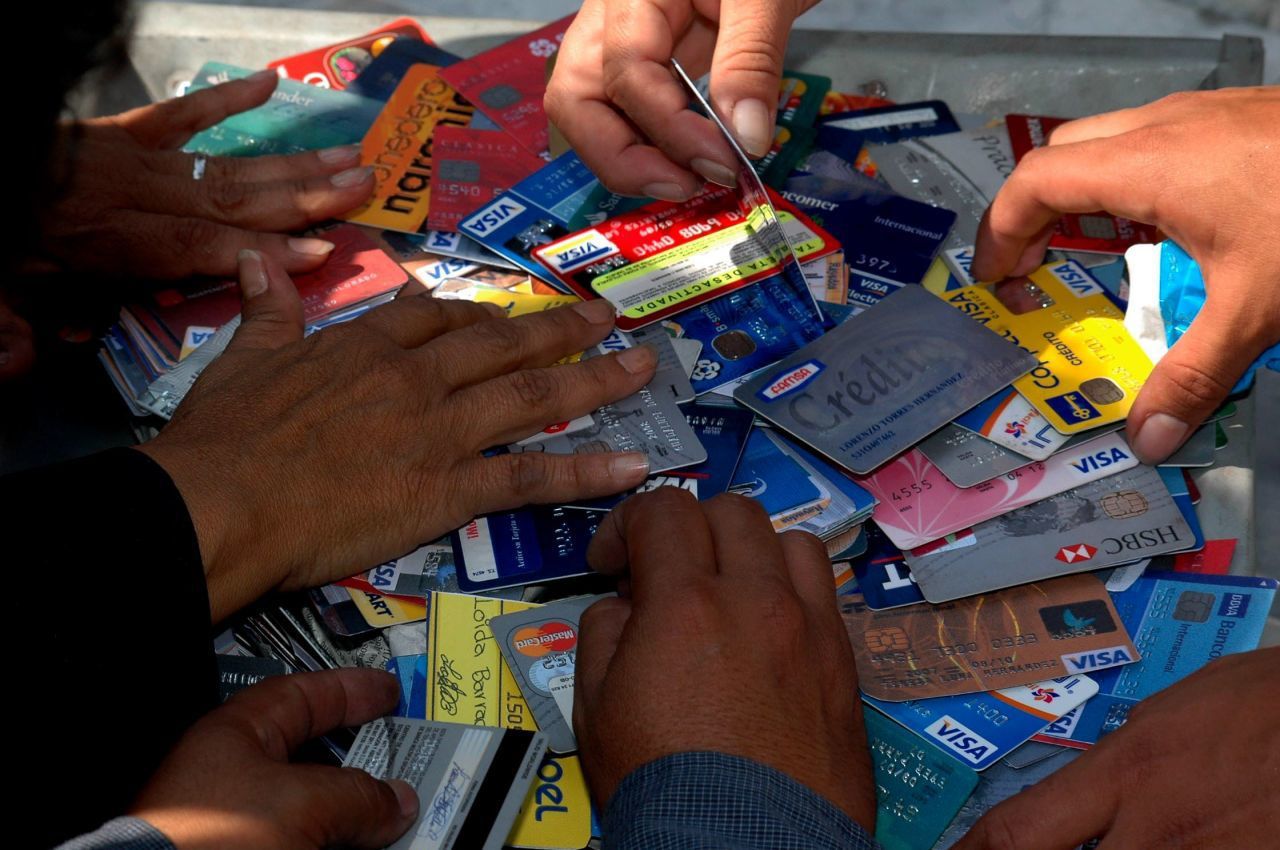
After patrolling and monitoring the public internet network, the Cyber Police of the Ministry of Citizen Security (SSC) detected potential cybercriminals who were offering apocryphal tickets to mass events through social networks.
As a result of surveillance activities in cyberspace and in response to various complaints filed, elements of the Cyber Police found that on different Internet pages and social networks, tickets for various events are offered at costs below their real price.
Among the eye-catching offers were tickets for concerts by fashion artists, those that are in high demand on authorized sales pages, those offered as last chance, those marked as sold out on official sites and those that pretend to be cheaper than their price to the general public.

With the COVID-19 pandemic partially controlled, events have gradually been allowed to take place again where the influx of people is massive, such is the case of concerts, football matches, artistic and cultural events, among others.
However, the Cyber Police detected fraudulent pages that have masqueraded as official ticket offices, which defrauded the people who bought the alleged tickets from them because, when trying to enter such events, they were unable to access because the ticket was fake.
Although reselling tickets is a common practice in this type of event, there are many risks involved in acquiring a fake ticket; likewise, the the incursion of new technologies such as social networks has made more and more people vulnerable to this type of fraud.

There are different methods through which cybercriminals carry out fraud in the purchase of tickets for mass events. One of the most common practices is using cloned credit or debit cards and different email accounts.
The modus operandi consists of buying tickets for events online with cloned cards and, once the digital ticket is received in the email accounts created to commit the crime, the ticket is offered through social networks at a cheaper price than at official ticket offices.
The risk of purchasing a digital ticket from unauthorized distributors lies in the fact that, if the owner of the cloned card or his bank identifies and reports an unrecognized purchase, it will be canceled and the ticket will lose its validity.
It is worth mentioning that through web portals you are more likely to be a victim of this type of fraud, since when you attend in person to purchase physical tickets from the certified ticket offices, you request official identification and card to make the purchase, contrary to what happens on the internet where only request the card number and its three security digits.

In view of the notable increase in complaints, the Ministry of Citizen Security (SSC) through the Cyber Police issued recommendations to avoid becoming a victim of fraud when buying an online ticket:
-Verify the authentication of the sites or pages you browse
-Note that the pages are not misspelled and that the graphic images are of good quality
-Check the authenticity of a page and take into account that the URL starts with https:, the “S” at the end means that it is a site with encrypted communication or “a secure site”
- Check the terms and conditions of the platforms or applications, before putting your assets at risk by entering personal and bank details
-Check with online sales platforms to find out if they have a legal association with such applications
Similarly, if credit or debit cards are constantly used, it is recommended that you frequently review account statements so that if you identify an unrecognized purchase, report it promptly to your banking institution.
The Cyber Police also has at the disposal of personal citizenship that helps identify fraudulent websites, just take a screenshot or copy the URL and send it to that agency.
KEEP READING:
Últimas Noticias
Debanhi Escobar: they secured the motel where she was found lifeless in a cistern

The oldest person in the world died at the age of 119

Macabre find in CDMX: they left a body bagged and tied in a taxi
The eagles of America will face Manchester City in a duel of legends. Here are the details

Why is it good to bring dogs out to know the world when they are puppies




